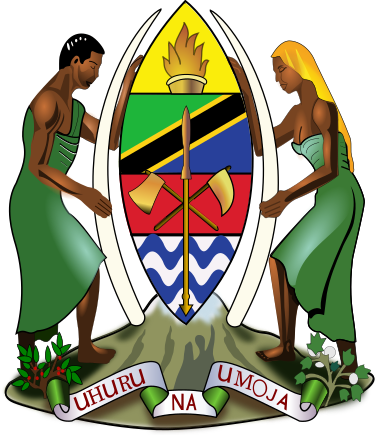In Tanzania, justice often walks a quiet path. It is not always about handcuffs and courtrooms. Sometimes, it’s about a woman in Mbeya finally receiving a land title after years of bureaucratic silence. Other times, it’s the student in Dodoma who dares to question the fairness of a school expulsion and gets readmitted after a community outcry. These are small victories, but they hint at something deeper in the country’s moral conscience.
But beneath these quiet wins, there’s a complex tension. Earlier this year, the Tanzanian Parliament passed stricter amendments to its anti-human trafficking laws, introducing minimum sentences of 30 years for traffickers and steep fines for accomplices. A powerful move, yes, but it also raises the question “why did it take so long, in a region known for porous borders and disappearing women and children?”
There’s no doubt that the government has taken firm steps to tighten its grip on organised crime. However, this tightening sometimes squeezes too hard. Civil society organisations have noted an increase in “soft punishments”; things that never show up in court records: withheld licences, sudden inspections, visa denials. Many journalists and activists feel a chill in the air, one that isn’t written in any statute but is felt when a press conference is cancelled, or a reporter is “advised” not to attend a protest.
Meanwhile, community courts (those informal village tribunals) continue to shape justice in rural areas. In these spaces, justice is often negotiated rather than imposed. A chicken stolen might result in a public apology and a week’s labour on the victim’s farm, not a prison sentence. Some call it outdated. Others say it is the truest form of justice: healing over punishment.
So, is Tanzania tough on crime? Maybe. But more importantly, it’s walking a tightrope; balancing control, compassion, and a rising tide of youthful awareness. In this space between law and life, the real story of crime and punishment in Tanzania quietly unfolds.
By Juma Mwamba


